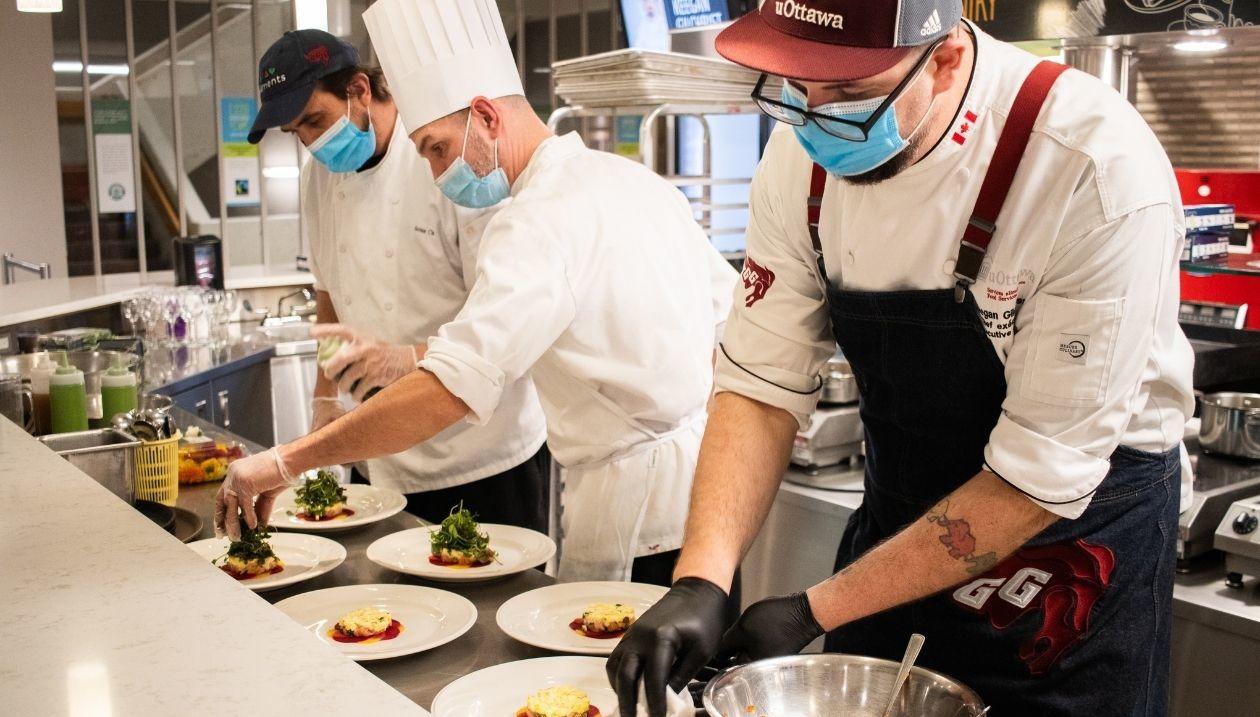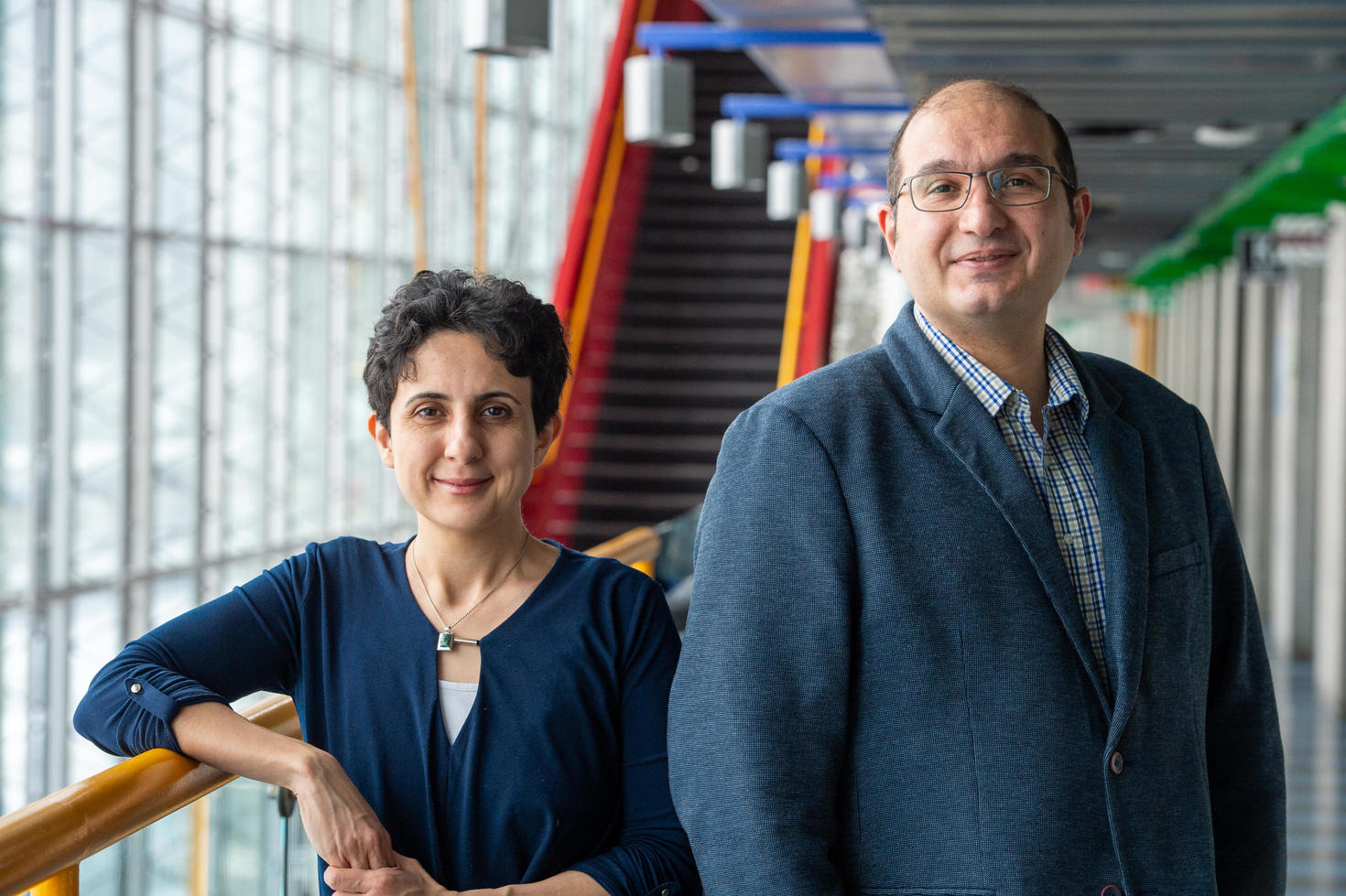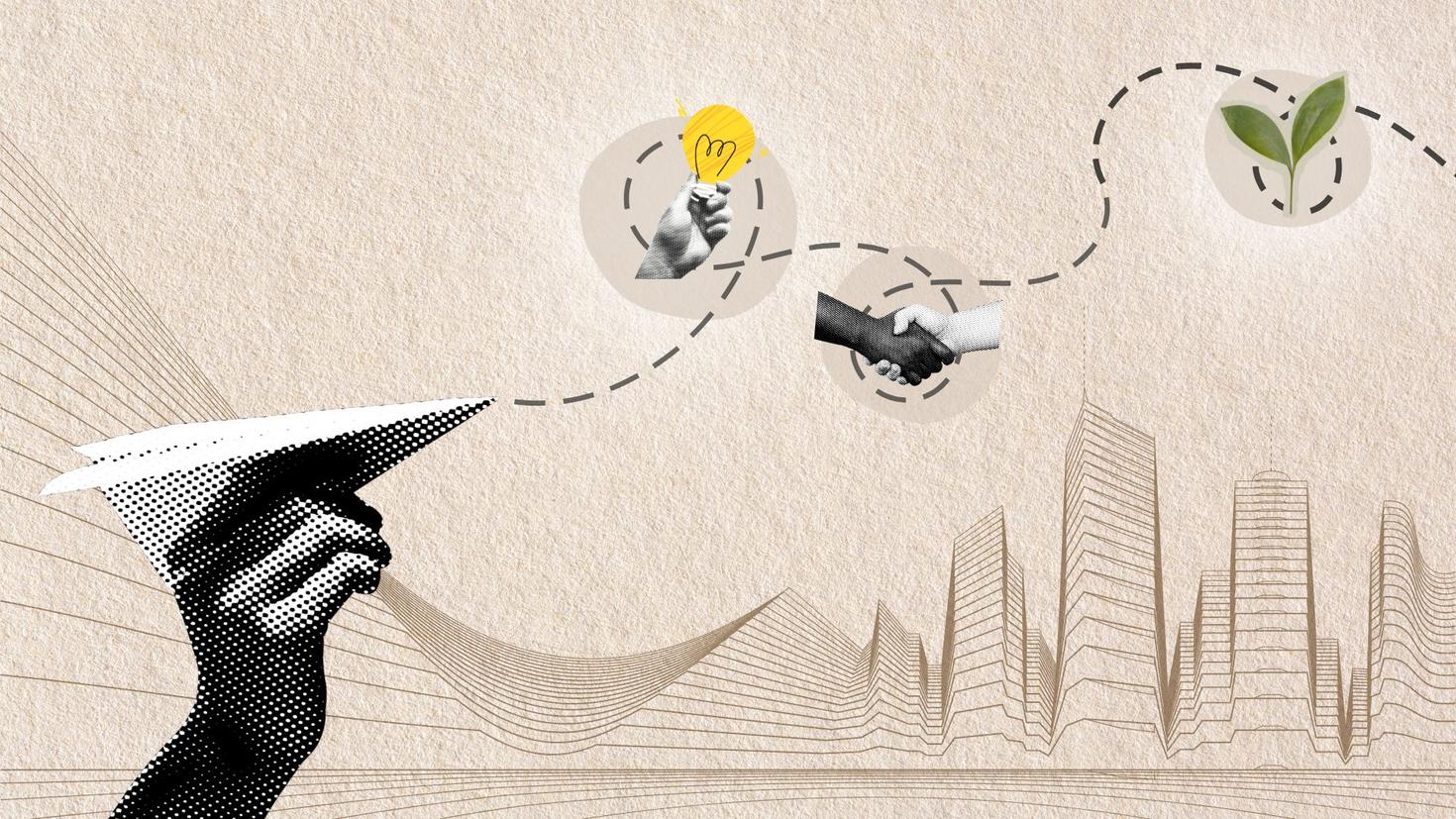The impact is already visible. A pilot project has installed Stratosfy’s smart sensors in over 30 refrigerators and freezers at the University Centre (UCU) food court to replace paper-based systems with automated reporting, ensuring consistent adherence to food safety regulations. For Stratosfy, the validation provided by the pilot project is a critical step toward scaling its technology for high-volume environments.
Behind this success lies rigorous research. The Sedna Research Lab, which is based at the Faculty of Engineering, is a hub for trustworthy Internet of Things (IoT) systems and advanced software engineering. Sedna designed a simulator that uses real and simulated data to stress test Stratosfy’s backend systems. The Lab’s expertise in model-driven engineering and compliance validation ensured that this technology met legal standards, and also helped refine the technology’s analytics to provide predictive insights. In short, the collaboration didn’t just validate hardware: it strengthened the software foundation for future AI-powered solutions.
Innovation Support Services (ISS) at uOttawa played a key role in this partnership by ensuring that industry partners and researchers shared equally in the success of this important work. ISS focuses on facilitating collaborations between industry and academia, and this pilot project demonstrates how uOttawa supports practical partnerships that turn ideas into real-world solutions.
“Without the testing at uOttawa, we wouldn’t have had the starting point to validate and grow our company,” says Stratosfy founder Madan Kanala. The team is now exploring predictive systems that anticipate equipment failures before they occur, proof that local partnerships can drive innovation.


